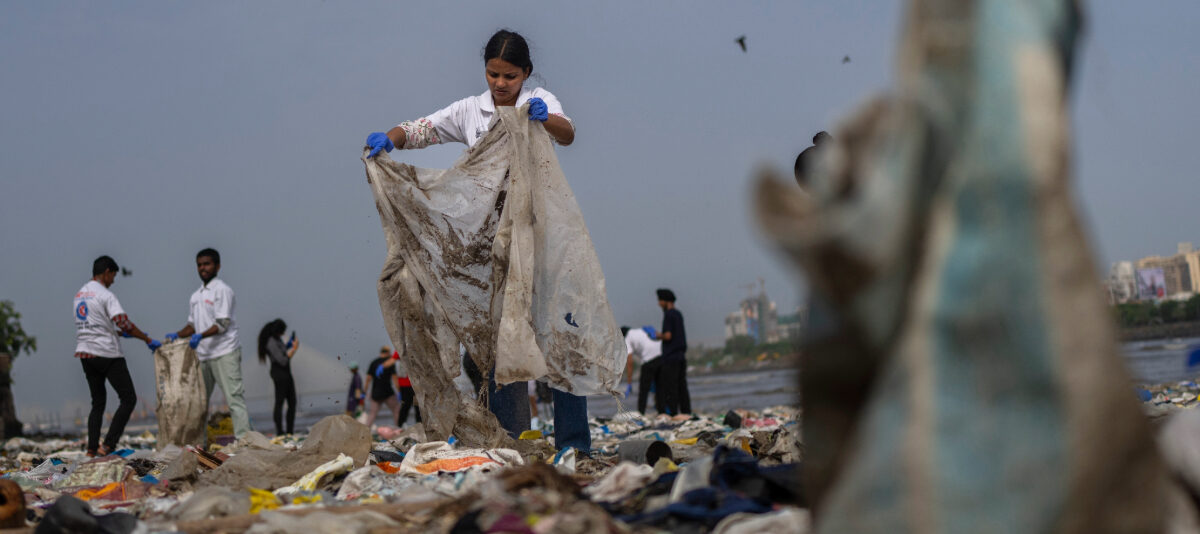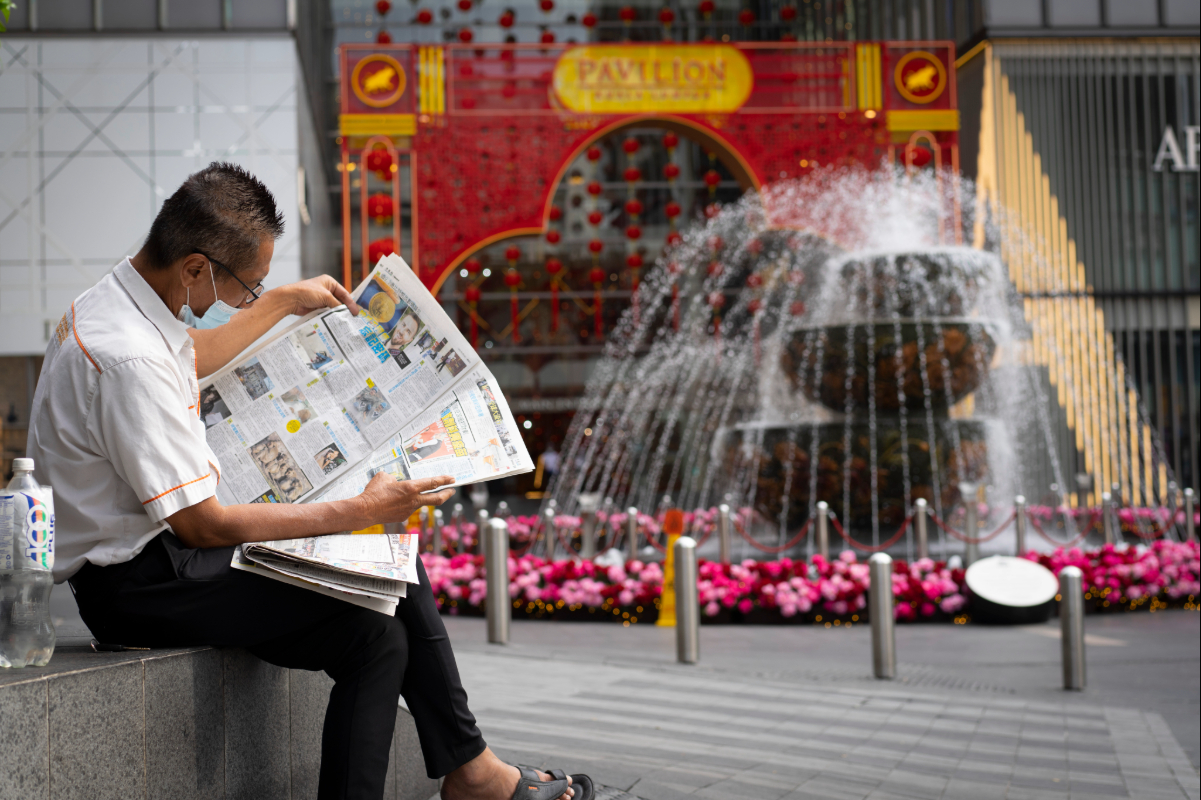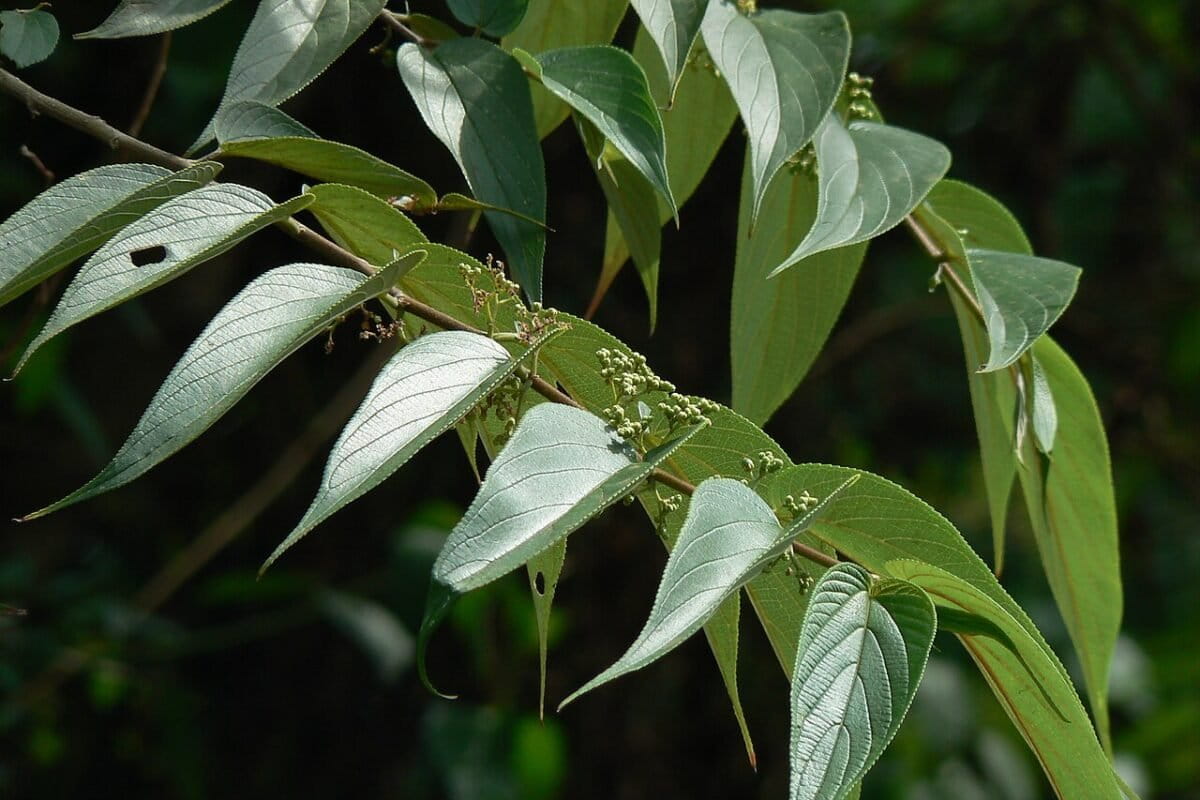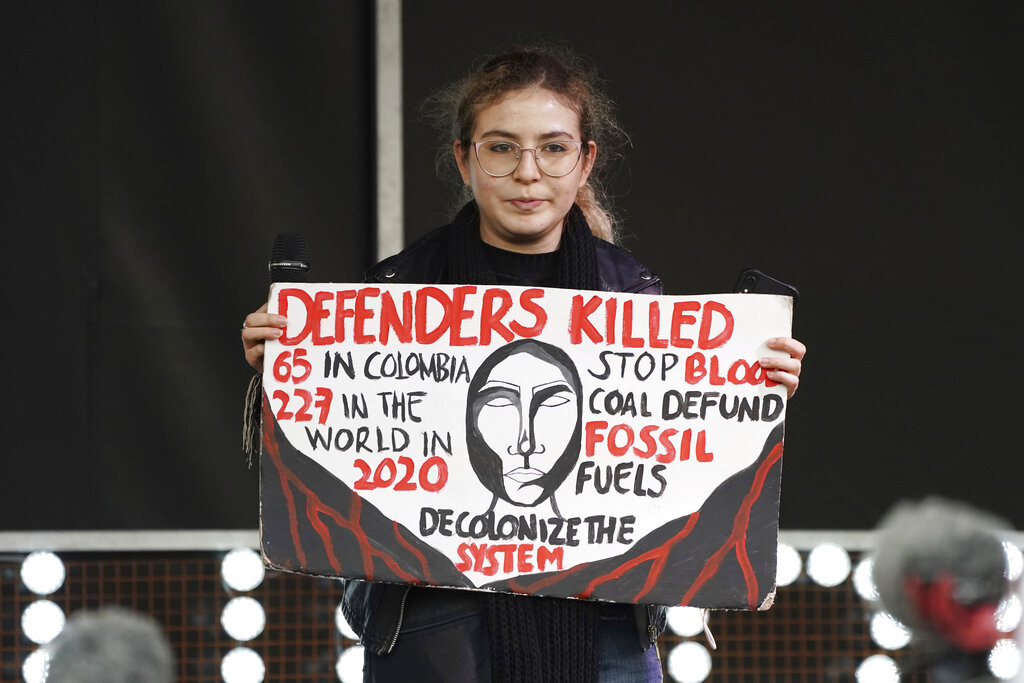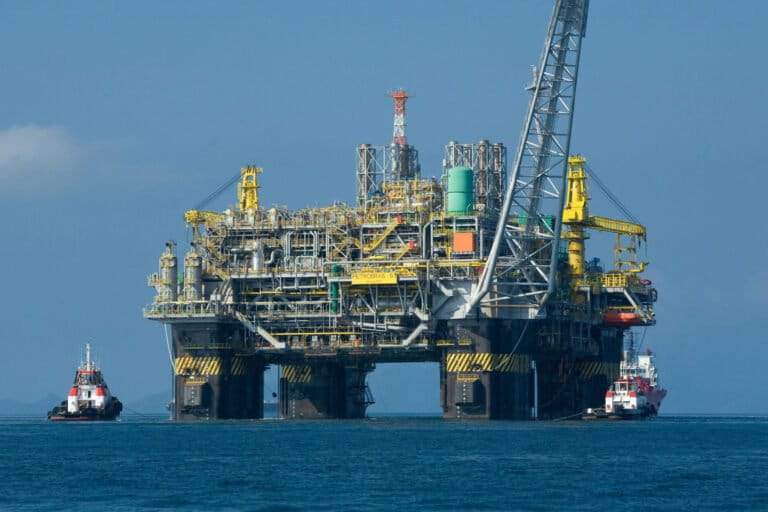A Cambodian company has likely been illegally logging in protected areas and exporting the timber to Vietnam and China, according to a report by Mongabay’s Gerald Flynn.
The year-long Mongabay investigation, led by Flynn and involving several Cambodian journalists, found evidence suggesting that Angkor Plywood likely illegally logged timber, including rare tree species, from protected forests, particularly within Prey Lang Wildlife Sanctuary in Kratie province.
Angkor Plywood was established in 2011 by Chea Pov and Taiwanese national Lu Chu Chang, who formerly headed the Cambodian Timber Industry Association. Chang was also previously involved in the illegal felling of protected trees on Indigenous lands.
Chang owns Think Biotech (now known as Holy Plantation), which has a 34,000-hectare (84,000-acre) concession on the eastern border of Prey Lang. Previous Mongabay investigations suggest that Chang and Pov have been colluding with mining companies and local loggers while allegedly bribing authorities to illegally log inside protected forests. The logged timber is then laundered through the Holy Plantation concession, which supposedly operates a “sustainable” timber plantation, before being sold to Angkor Plywood. Chang and Pov have denied the accusations despite numerous investigations.
In this investigation, Mongabay looked at shipping records from 2021 to late 2023, and found that Angkor Plywood has been exporting valuable grades of timber, even though the export of such timber remains heavily restricted. A government source said certain species listed in the export documents, such as sralau (Lagerstroemia calyculata), krakoh (Sindora siamensis) and sokram (Xylia xylocarpa), are mainly found in protected areas where logging is prohibited.
The shipping records also suggest that Angkor Plywood has been exporting timber for a Hong Kong-registered company called PAR International Holdings Pte. Ltd. via Vietnam. But when reporters visited the Hong Kong address listed for the company, “there was no sign that the company occupied any space in the building,” our team found.
The Cambodian Youth Network Association in October 2023 had urged the government to reject Angkor Plywood’s export license extension. While the group has not received a response, Angkor Plywood’s license to export sawn or processed timber expired in 2023. Yet even though it can’t export the said products, it can continue exporting plywood and flooring products, which may also be made from dubiously sourced timber, our investigation found.
Marcus Hardtke, a veteran forest activist with decades of experience in Cambodia, told Mongabay: “Cartels like Angkor Plywood are a driving force for this destruction, and for systemic corruption … The plunder of the last intact forests will continue until these issues are addressed by all stakeholders.”
The Cambodian government has repeatedly denied the existence of large-scale logging operations in Cambodia and continues to focus on small-scale forest crimes.
This is a summary of “Angkor Plywood, the ‘timber cartel’ shipping Cambodian forests internationally” by Gerald Flynn.
Banner image of Holy Plantation on the border of Prey Land Wildlife Sanctuary. Image by Gerald Flynn/Mongabay.



